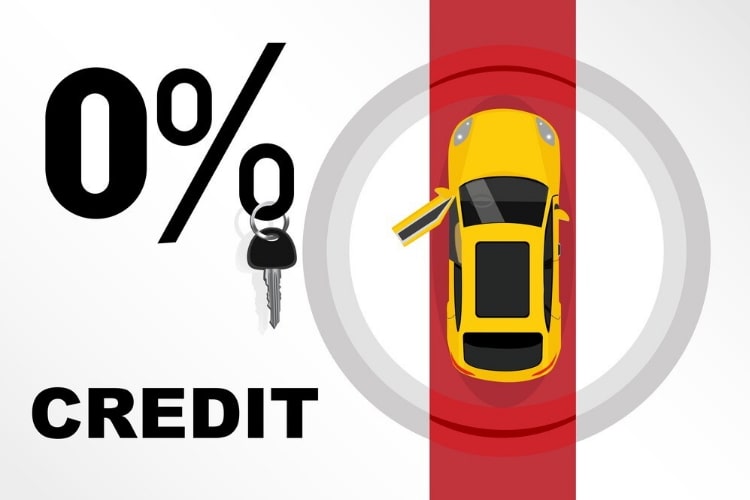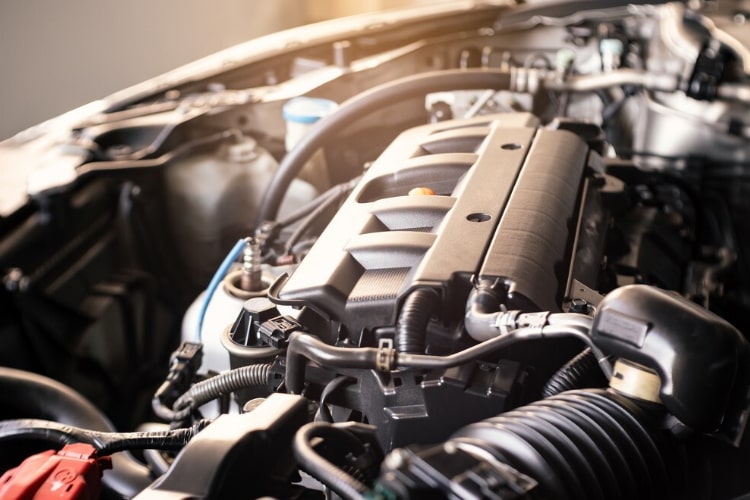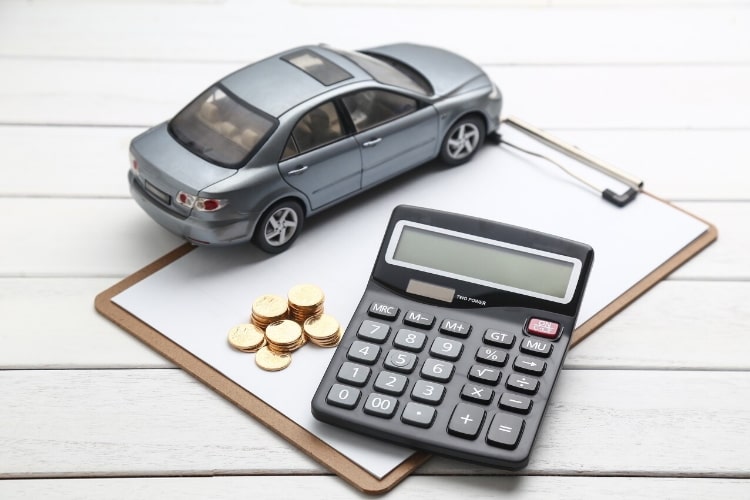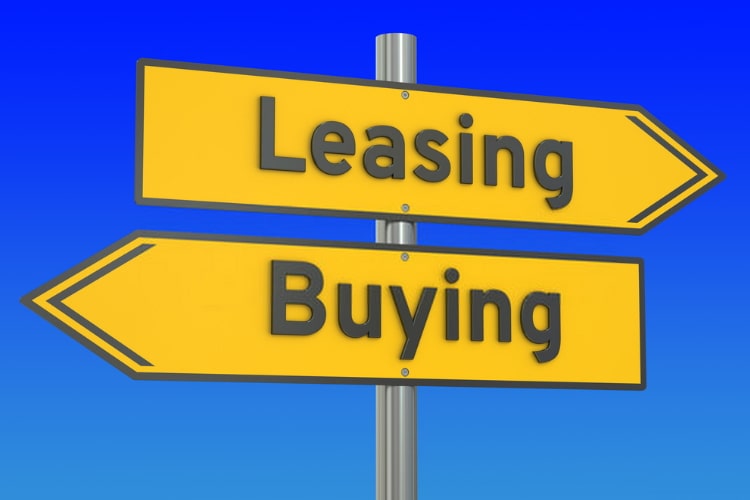You may not be aware of this but the miles per gallon (mpg) you start with when you purchase a car is not always what you end with. As your car is driven more and gains more wear and tear, your fuel efficiency actually can begin to decrease. This can happen for many different reasons but poor upkeep is usually the main culprit. Thankfully, we’ve got a list of tips to help keep your car up-to-speed and actually improve your fuel efficiency over the years to come.
Check Your Air Filter
Your car’s owners manual should have detailed information on how often you should change your air filter. Replacing a dirty air filter allows your car to breathe easier which results in using less gas. This simple replacement is actually a huge gas mileage saver and one the cheapest replacements for your car. It’s important to change it often as driving through various road conditions can create a dirty air filter very quickly. And just a little fact, keeping a clean air filter can improve your fuel efficiency by 10%.
Monitor Spark Plugs and Ignition System
Spark plugs and the ignition system can directly impact gas mileage due to the fact that when one needs to be replaced one or more of your cylinders might not fire properly. When this happens, wasted gas exits the vehicle through the exhaust which makes your cylinders have to work even harder. Replacing these parts as needed will not only improve your fuel efficiency but prevent larger problems as well.
Oxygen Sensor Replacement
Your car’s oxygen sensor sends vital information to your engine’s computer which in return causes the computer to adjust how much fuel the engine receives. When the oxygen sensor needs replacing, it begins sending false signals which can cause the engine to receive way too much gas. This not only decreases fuel efficiency but brings your car out of regulation in terms of fuel emissions which can be a big problem. Make sure to keep tabs on your oxygen sensor and replace it when necessary.
Choose Your Gasoline Wisely
You need to be sure that the fuel you are choosing is the one recommended by your owners manual. Just because premium seems better it may not be the right gas for your car. Always go with the fuel that is listed for your car as it not only could save you money but provide maximum gas mileage.
Check Your Tire Pressure
You may not know this but your gas mileage is directly affected by tire air pressure. The National Highway Traffic Safety Administration has gone on the record that over 30% of the cars on the road have under-inflated tires. That’s quite a bit. Not only does your gas mileage decrease due to poorly inflated tires but it also can damage your treads so make sure you keep them inflated properly.
Keep Your Oil Clean
Always keep your oil changed between 3,000-5,000 miles depending on what your owners manual suggests. Clean oil is important for fuel efficiency and can increase your gas mileage by 2%.








Leave a Comment